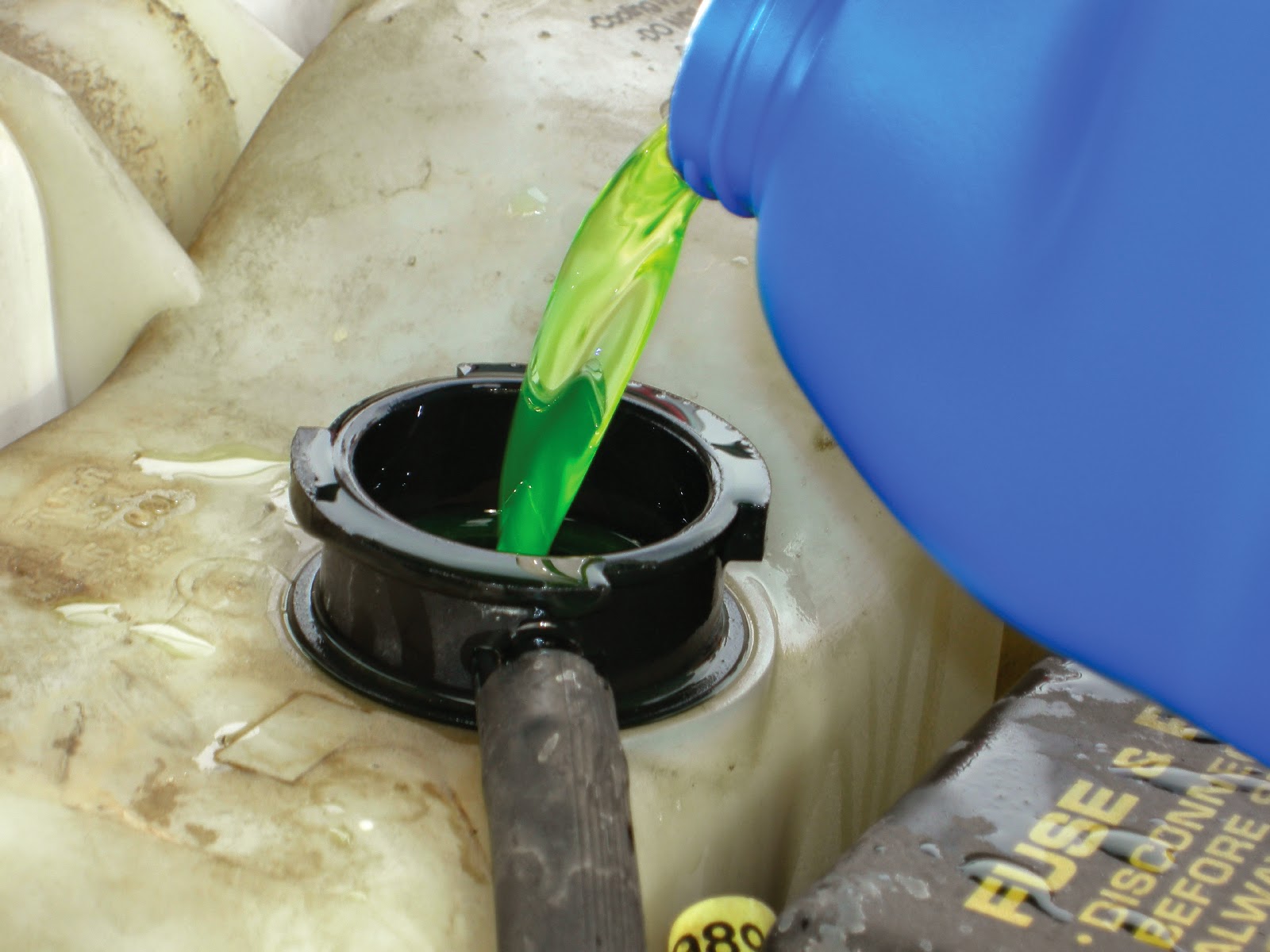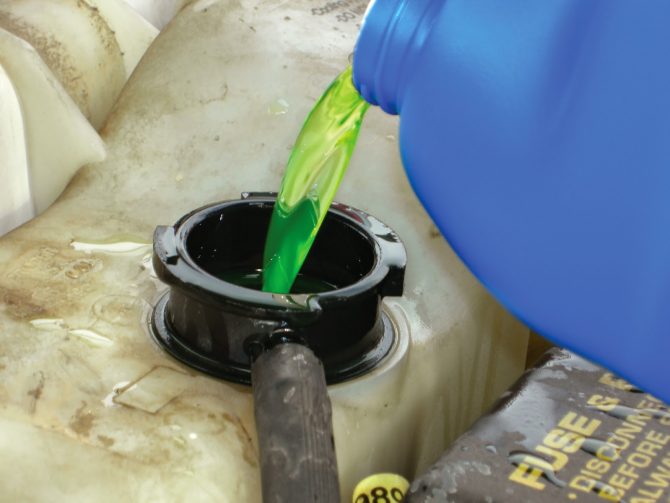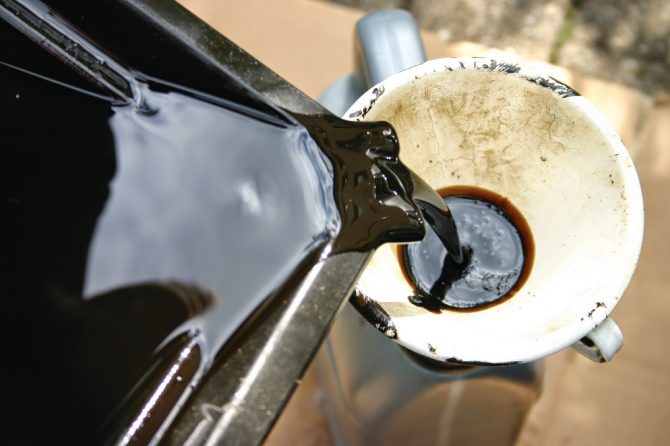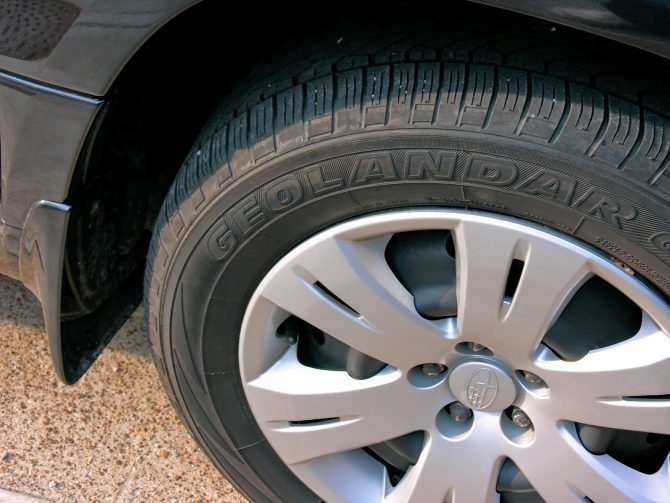
TIPS: 5 common car repairs and replacements to protect the environment
Posted by Jared Shepherd
- 3539 Views
- July 11th, 2014
- in Miscellaneous
- No Comments
Many Americans are seeking more sustainable alternatives to common household cleaners and chemicals. That’s not always easy when it comes to maintaining your car.
Although there are few alternatives to automotive fluids, there are still many things that can be done to lessen the impact our cars have on the environment.
In the course of maintaining automobiles, motorcycles, boats, lawnmowers, and other machines, it is important to dispose of all fluids properly because most are hazardous to human and animal health and the environment.
Here are five common automotive tips, repairs and replacements.
1. Preventative maintenance
The most important thing is to keep vehicles properly
maintained. Read and follow your owners manual. A well-maintained
vehicle emits less exhaust into the air and is less likely to leak
hazardous fluids into our environment.
2. Motor oil
Do not pour used motor oil down the drain or a storm drain. It is hazardous to human and animal health and to the environment. If you change the oil in your car yourself, it is important to recycle the old oil. Used motor oil can be recycled for free at many service stations and through city recycling programs. Find recycling centers.
3. Car batteries
Automotive batteries contain over 20 pounds of lead and a gallon of sulfuric acid each, and so it is important that they be recycled. (The materials in batteries can be reused in new batteries.) Many auto-part stores accept lead-acid batteries. Find recycling centers.
4. Tires
Cuyahoga County: Cuyahoga County Solid Waste District holds an annual Scrap Tire Round-Up in September.
Summit County: From April through September, Summit County residents can recycle scrap tires at the Household Hazardous Waste Recycling Center in Stow, Ohio. There is a fee of $1 per tire.
You also can recycle tires through the retailer who sells you your new tires. Some accept tires from people who are not purchasing new tires, for a small fee.
5. Antifreeze/Brake fluid
Do not pour unused or unwanted antifreeze or brake fluid into a storm sewer or down the drain. It is a serious health hazard to humans and animals if ingested. Cuyahoga County Solid Waste District has partnered with 59 communities to offer local frequent hazardous-waste collection events. Find one near you.
All of these tips and dozens more are available in our Healthy Environment Starts At Home handbook, available for download or in bulk for event distribution.



